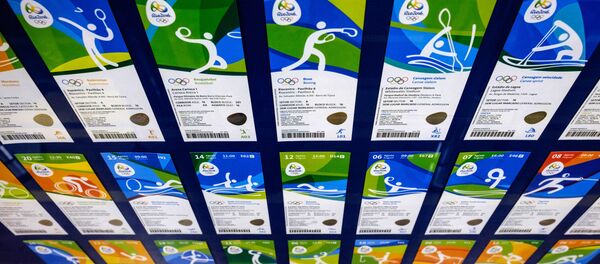"The Committee concluded that there is a very low risk of further international spread of Zika virus as a result of the Olympic and Paralympic Games as Brazil will be hosting the Games during the Brazilian winter when the intensity of autochthonous transmission of arboviruses, such dengue and Zika viruses, will be minimal and is intensifying vector-control measures in and around the venues for the Games which should further reduce the risk of transmission," the statement said.
The Zika virus is transmitted by mosquitos active in daytime. It does not cause serious complications in adults, but is suspected of leading to severe brain defects and microcephaly cases in newborns.
The Zika outbreak originated in Brazil in the spring of 2015, spread across Latin America and gained widespread media attention as confirmations of first cases emerged in Europe and the United States in recent times.



